NATO Air Base Geilenkirchen?
Welcome to NATO Air Base Geilenkirchen, home of the NATO Airborne Early Warning and Control Force Headquarters, the E-3A Component and the Mission Support Engineering Centre. NATO Air Base (NAB) Geilenkirchen is home to NATO’s E-3A aircraft and is often referred to as “GK”.
GK is such a great location to serve your tour at. It is conveniently 45 minutes north of Aachen and about 75 minutes from Köln, or as it is known in English and French, Cologne.
You will also find that it is a 10-minute drive from the Dutch border, a 30-minute drive from Belgium and another two hours from the French border.
Major cities within a couple of hours drive:
- Brussels 200 km
- Luxembourg 180 km
- Paris 410 km
- Amsterdam 190 km
- Rhein and Mosel Wineries are roughly 2 hours away
» Zur Anfahrt


You work hard to provide for your family so we offer you simple convenient shopping for your everyday needs. Whether it is a full meal or a quick snack, household cleaners or a gift for a party, you know you can count on NATEX to have a great selection to choose from.
We stock the best selection of whiskey, spirits and wine on any military installation and we have product experts on hand to help you chose something to suit you.
Our Garage and Gas Station offers everything you need to keep your vehicles running perfectly.
In addition to offering quality products at great prices, NATEX is committed to the community, we serve by supporting the non-profit organizations that seek to improve the quality of life for our customers.
With every purchase you make at NATEX, a portion is returned to the E-3A Component ultimately assisting the many viable services provided to you by the base support division/ service branch.
NATEX supports the Rotodome Dining Facility, Sports Complex, E-3A Club and base events.
The land of the Autobahn
Being new to Germany, you should be aware of the following guidelines to ensure a safe car driving experience.
Have the following documents on you at all times:
- Your full license
- Certificate to prove ownership of your car
- Your passport
- Proof of insurance
Unless there are signs stating otherwise, the following speed limits apply when driving in Germany:
- Motorways – 130 km/h
- Main roads - 100 km/h
- Urban areas – 50 km/h
Autobahns are high-speed motorways more than half of the total length of the German autobahn network has no speed limit
- The following; end of all speed and overtaking restrictions sign indicates this
- If you are towing a caravan or trailer you have to display a 100 km/h sticker at all times.
- If you are stopped by the police, the police car may indicate by blinking signs to either Polizei Halt (police stop) or Bitte Follgen (police follow).
Belgium
Whilst sitting in stationary traffic the law says you should switch you engine off unless "absolutely necessary".
The Netherlands
Many of the roads in the Netherlands have a cycle lane, often wider than the road itself. Each has its own junction at roundabouts,
traffic lights and pedestrian crossings. Cyclists are KING, this is not an over exaggeration. Bikes, tricycles and mopeds are everywhere.
France
Most French motorways (autoroutes) have tolls along stretches of road. All French motorways start with an A, so if you are on one of these,
be prepared to spend a few euros.
Got any questions? Get in touch with NATEX
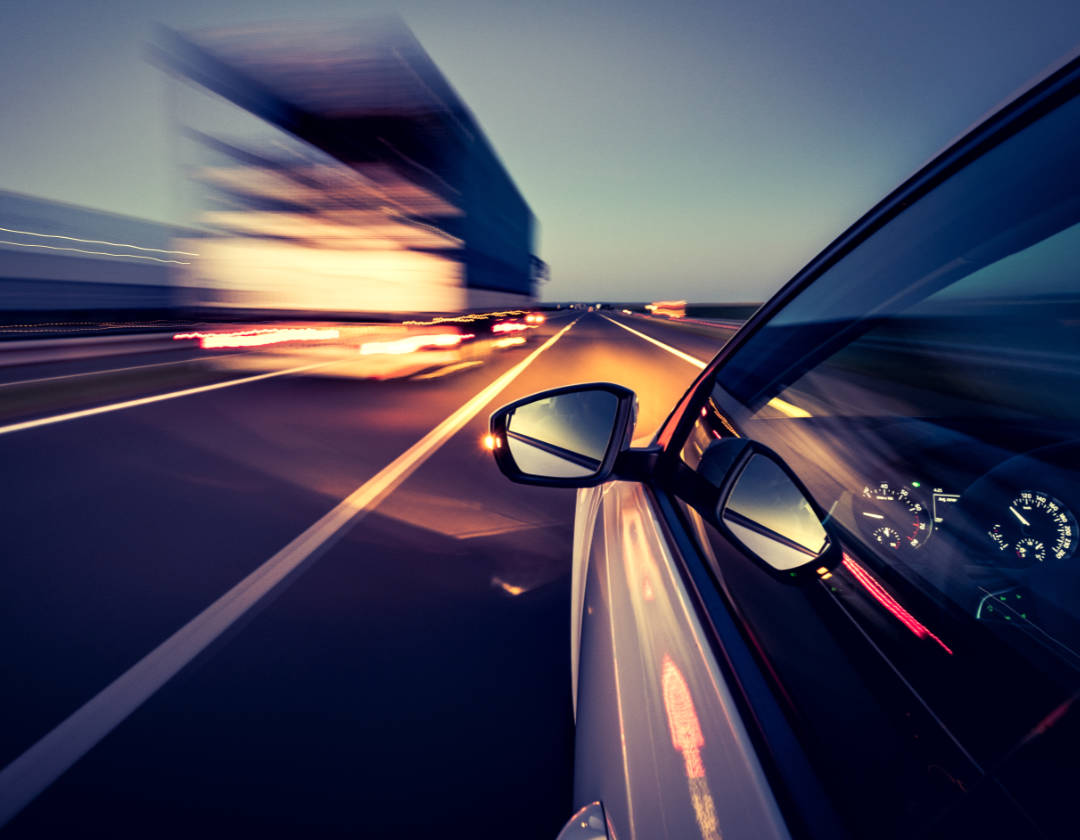
Your Household Goods
Pack up your old life and welcome the new adventure.
The key to success is in good preparation.
Determine what you will ship, what you will put into storage, and what you will sell or donate.
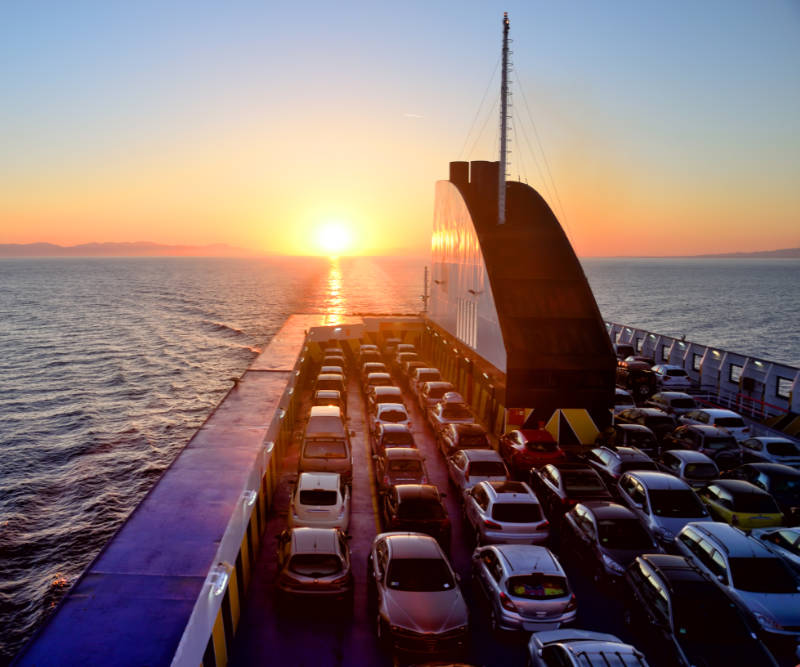
Shipping Your Vehicle
Consider the following when shipping your vehicle:
- Tires: Tires must have a minimum of 1/16 of an inch (1.6mm) depth over the entire tread and they are required to be the sizes recommended by the manufacturer and do not stick out beyond the fender. Do not mix radial tires with bias ply tires.
- German Law requires winter rated tires during snow and icy conditions. Recommend you have these tires installed on vehicle before arriving. If your tires have the M+S symbol on the sidewall then you have the appropriate all-season tires and meet the requirement.
- Recommendation: Remove “pull-out” radios, cassette decks, CD players and high-end sound systems to reduce the chance of theft.
- Tinted windows: Tint is not authorized on the driver or passenger windows or the windshield.
- Decals & Stickers: Due to heightened concerns, ensure your vehicle does not have any material attached as in; decals, stickers, labels, badges, nationality depiction, patriotic or political slogans, sports teams and military branches. These are hard to remove and may damage the paint. Ensure to remove these items before shipment, as they are not authorized on your gaining installation.
- Check with your gaining support office on any additional restrictions and information before shipping.
- Insurance: Be sure to check if your current insurance provider will adjust your coverage to Germany. If not, there are insurance carriers in Germany that will assist you. You will need coverage during your cars shipment. You must provide proof of insurance to pick up and register your vehicle.
- Maintenance: The NATEX Garage provides all your automobile needs as well as the required car inspections.
- Motorcycles: all riders must wear ECE 22.05 approved helmet. A rider must have Motorcycle Safety Foundation training within 3 years. It is strongly recommended to have this training before arriving in Germany. There may be additional required training to ride a motorcycle on base. Check with your gaining National Support unit on any additional restrictions and information on operating and riding motorcycles in Germany.
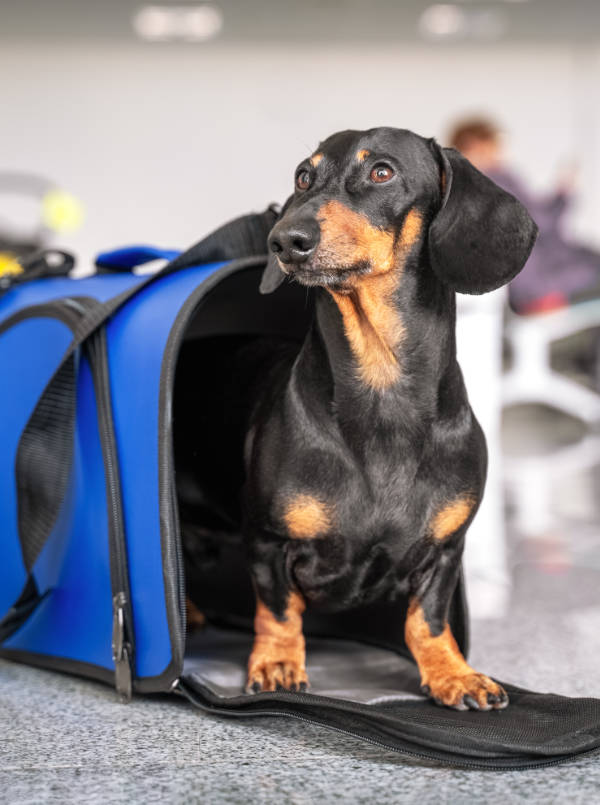
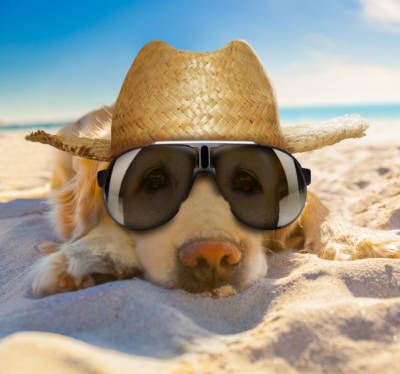
Pet Travel
- Germany does not require quarantine, but it does require a recent rabies vaccination, an international microchip and a veterinary health certificate.
- The laws and regulations concerning pets vary among each of Germany’s 16 states (Bundesländer). You need to know the laws for the state where you will be living and traveling to. Dogs (but not cats) must be licensed in all states.
- SoKa (“Sogenannter Kampfhund”): Germany bans certain dangerous or aggressive dog breeds (so-called Kampfhunde, “fighting dogs”). You are not allowed to import or bring in certain breeds, including pit bull terriers, American Staffordshire terriers, Staffordshire bull terriers, and other dogs descendant from any of these dogs. If you are not sure about your breed of dog, it is wise to check in advance. Also see: (1) Dangerous Dogs – A guide to prohibited breeds (by federal state), in English from German Customs (zoll.de); and (2) Rasseliste – Wikipedia – A guide to prohibited breeds (SoKa) in Austria, Germany and Switzerland (in German). *Nordrhein Westfalen does not have a published list of restricted breeds.
- TRAIN TRAVEL: If your pet is small, enough to travel in a small cage or basket, there is no charge. Owners of larger dogs must purchase a ticket (half fare) for the dog. The dog must be on a leash and be muzzled.
- PET INSURANCE: Nordrhein Westfalen does not require you to have pet insurance. All states in Germany mandate that dog owners pay for any damages caused by their dogs therefore it is recommended.
- PET PASSPORT: For pets to travel around Europe, you are highly recommended to get an EU Pet Passport. This simple booklet has a condensed version of your pets USDA Certificate (or Nations version of the 10 Day Health certificate), International Microchip number and vaccinations information.
Already arrived in Germany?
Where you will be living
Read moreVehicle Inspection and Registration
Read moreThe most important documents you have to carry with you
Read moreCulture Customs & Laws
Read moreGet to know the place you will be posted
Read moreEverything you need to know according to your pet
Read moreClasses for learning german language
Read more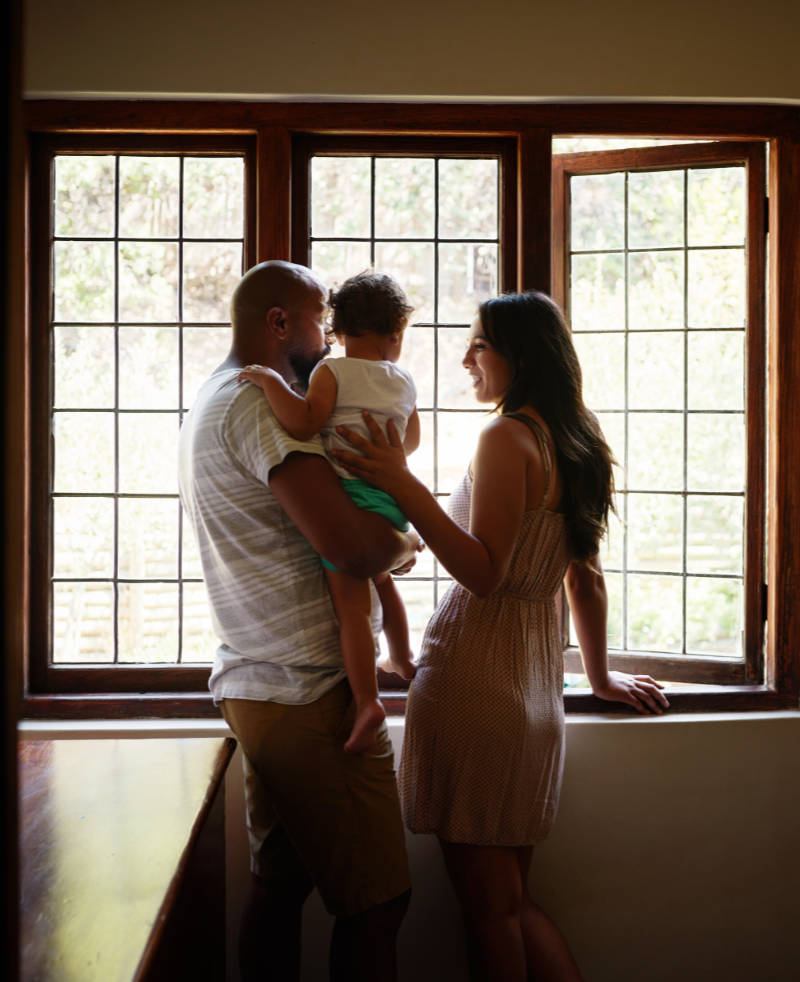
HOUSING
Since there is no on-base housing at Geilenkirchen, E-3A members and families live in surrounding communities.
Your National Support Unit will direct you to your dedicated housing assistance office and will provide translation assistance. Be sure not to sign any documents or make any verbal promises without contacting your housing office first.
There are several factors to consider in making a housing decision. Houses may be up to 25 kilometres from the base (up to 15 miles). A sum equivalent to one or two month is rent, as deposit may be required when signing the contract. This money could be refunded after subtraction of the cost of any necessary repairs. Do not expect to get large individual houses with a large garden around it. Most of the newly constructed houses are row/town houses (attached houses) with a living space of approximately 100 square meters (often spread over two stories) but normally with a full basement.
Caution: When using a real estate broker to rent a house, the FEE is normally up to two times of the monthly rent. This is negotiable, but only before the agent finds a house. German houses and apartments normally do not have closets, light fixtures or kitchen facilities; sometimes they do not even have a kitchen sink. Generally, they are rented “completely empty”. Furthermore, an accommodation may only be used in accordance with its designed purpose; a warehouse cannot be used as living quarters.
So that you can maintain your home at your landlord’s expectations and avoid overages or fines, be sure to ask which cleaners they prefer you to use in the drains and on the floors. Learn how to use and maintain the floor heating, radiators, furnace, window rolladens and installed appliances. Ask about the preferred frequency to open windows to air out the house.
Vehicle Inspection & Registration
The NATEX Garage provides the required vehicle inspections.
Five Common Vehicle Inspection Failures to be aware of in Germany:
The First-Aid Kit cannot be expired and must meet or exceed the legal requirements and standards of the Deutsche Industrienorm (DIN 13164). You must also have a warning triangle located in the vehicle during the inspection and at all times. Items are available for purchase at the NATEX Gas Station. Note: Although not required for inspection and registration, German law requires one reflective vest per vehicle.
After-market transparent or tinted material cannot be attached to the windshield, drivers-side window or front passenger side window.
The tread depth of the vehicle tires must be at least 1/16 of an inch (1.6 mm) over the entire tread of the tire. Inspectors will use a tread-depth gauge at any two adjacent major grooves at three areas spaced approximately equally around the outside of the tire to test the depth.
All motorcycles and automobile exhaust systems will be inspected for noise levels. Noise level may not exceed 95 decibels.
The use of decals and material attached to the POV that show connection with residency, including but not limited to: Auto dealership markings that include city or state, sports teams, military branch stickers, old installation passes, state inspection stickers, patriotic decals, or national slogan decals are prohibited on POVs with armed forces-provided German license plates.
Newcomers must register their privately owned vehicles (POV) within three months after their arrival at NATO Air Base Geilenkirchen. The following registration systems are available:
- German Civil POMV Registration System
- USAREUR Registration System
The national support units or the Legal Advisor has details about eligibility for the above-mentioned systems. For the de-registration of POVs and the transfer home, it is advised to collect the necessary information about the relevant laws of the home country and the above mentioned systems at least three months before leaving the E-3A Component.
Excessive amount of pollution may lead to driving limitations within entire cities or districts of Germany. Germany introduced a special vignette (sticker) to be put onto your windshield. When traveling abroad, be sure to know if the city you are traveling to requires you to have your car registered to enter that city. Be sure to do your research in advance and pay a small fee online before you receive a ticket in the mail with a large fine.
https://www.germanemissionssticker.com/zones/
Motor vehicles and motorcycles must have clearly marked winter (snowflake) or all-season (M+S) tires. Specific dates are not cited for the use of winter tires, but Germans typically follow the rule of “von O bis O,” meaning from October to “Ostern” (Easter). Regardless of the month, if you are caught driving in winter conditions without appropriate tires, you will be fined. If you are in a traffic accident without winter tires in winter conditions, you can be held responsible by authorities, and your insurance company may deny coverage.
The specific German regulations on car seats can be found under paragraph 1a in the road traffic regulations published by the German government. It states that children under
the age of twelve with a height below 150cm are required to use a cars seat with a seatbelt when in a vehicle.
Therefore, if your child is over 12 years of age but still under 150cm they are not required by law to use a car seat. The same principle applies to those who are over 150cm
tall but less than 12 years of age. However, in such cases it is still recommended that extra care be taken to secure the child safely to the seat. Review the Germany regulation
for further guidance.
Passports and ID’s
- Passports and national identity papers are required and obtained before leaving one’s home nation. It is recommended that all family members have a tourist passport if they intend to travel outside of Germany during your tour.
- For non-European Military and family members, you also need to have a “Status Certificate” in your passports indicating your NATO status.
- Personnel and their family members assigned to the E-3A Component are subject to the “Agreement between the Parties of the North Atlantic Treaty regarding the status of their forces”, dated 19 June 1951 and other international agreements. The status of the various nationalities may be different. The National Support Units and legal advisors can provide information and guidance. You will be able to obtain your NATO ID card from your National Support Unit or Military Personnel Flight.
- Your National Support Unit or Military Personnel Flight should have a sponsorship program, a transition liaison or an advisor to assist you and your family when it comes to transportation requirements, whom to contact when arriving after duty hours or on a holiday, accommodation requirements, etc.
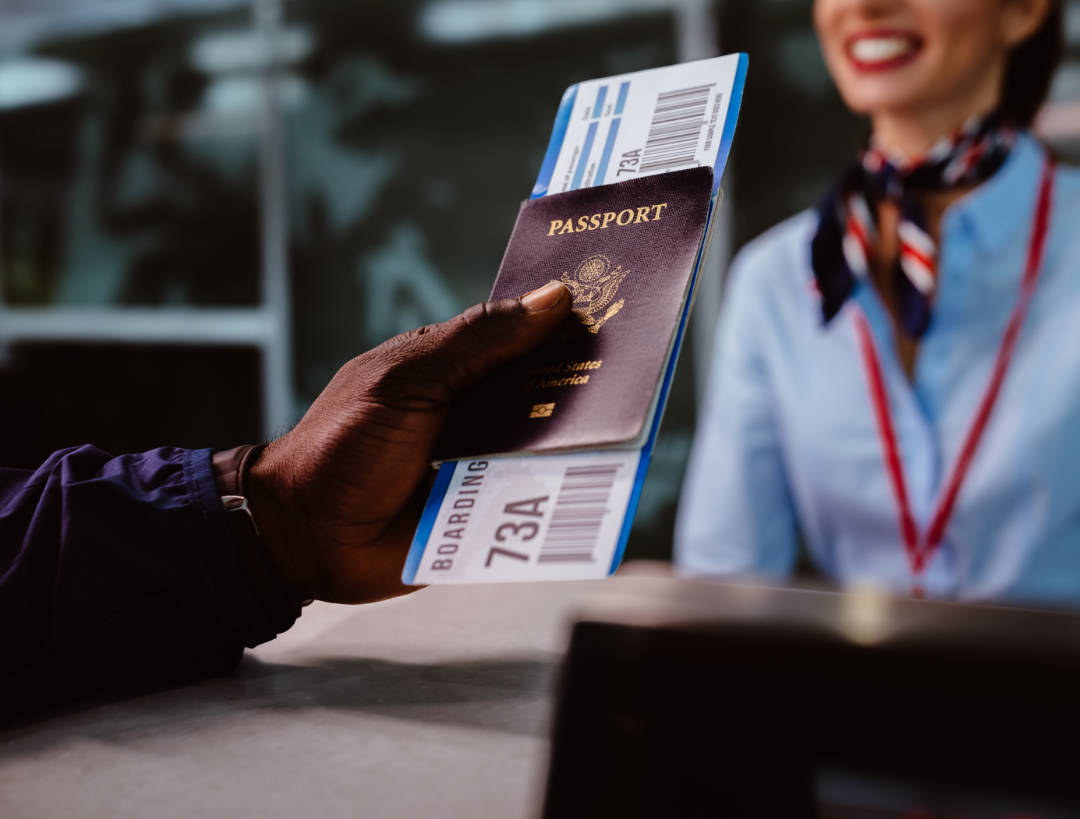
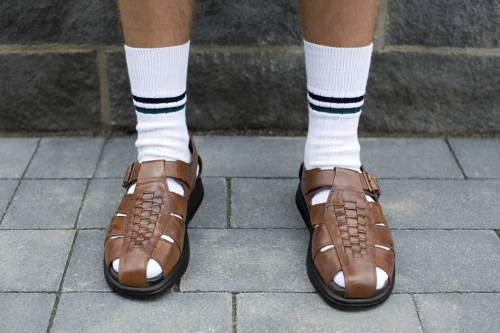

Culture and Customs & Law
You are not only a guest here in Germany; you are also an ambassador for your country as well.
Understanding your neighbours (to include NATO neighbours) customs and courtesies will help you thrive in your community.
- They appreciate it when you learn and speak a little German.
- They are punctual and may be displeased if you are late! They find it rude.
- They have a lot of pride in their homes, gardens and cars.
- Your neighbours are very helpful in reminding each other of the quiet times and when the rubbish was picked up or pointers on which items can be recycled or not and when junking is expected.
- Do take the time to access the climate in your neighbourhood. The German communities are generally well connected and will do what they can to help each other out.
Be aware of the rules and laws in your new neighbourhood. Violators may be fined even if you were not aware of them. Here are some key things to ask your landlord, neighbours or German advisor to your National Support Unit for clarification…
- What days and times are appropriate for you to do garden and lawn care?
- What are the set or recommended quiet hours?
- Are you allowed to wash your car in your driveway or in front of your house? And if so, what days and times is it allowed?
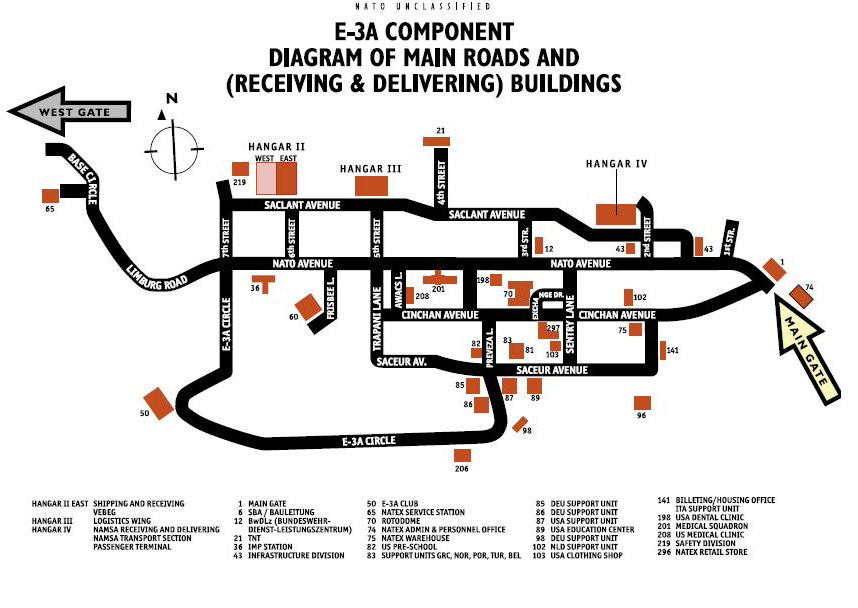
All things PETS
Below you will find a list of services. Please be aware that you may need to provide the pet passport or a copy of health documents during your initial appointment.
You must call or e-mail to schedule an appointment. They are not accustom to “walk-ins.”
-
Michas Mobile Hundeschule & Hundepension Sebastianusstraβe 16, Waldfeucht 0245-92-0495 http://www.hundewohnzimmer.de/
-
LIHO Dierenhotel Groenweg 24, Brunssum, NL +31-45-527-1479 http://www.lihodierenhotel.nl/
-
Animal Hotel Abdissenbosch Vogelzankweg 230, Landgraaf, NL +31-45-531-7217 https://www.facebook.com/dierenhotelabdissenbosch
-
Hundesalon Mary Nuβer Bundesstraße 38, 52538 Gangelt 02454 938 390 https://www.hundesalon-marynuesser.de/
-
Hondenhofje Dog Grooming Salon Sittard Ophoven 185 Sittard, NL +31 62300 0598 http://www.hondenhofje.nl/contact.html/9-contact.html
-
Hondenkapsalon BeZo & Co Heideveldweg 8, Heerlen, NL +31 045-522 50 90 http://diergezondheidscentrum.com/
-
Veterinary Practice Sabine Wagner Karl-Arnold-Straße 190, 52511 Geilenkirchen 02451 910 4200 http://www.tierarztpraxis-gillrath.de/
-
Op De Diek Sittard- Geleen- Born Parklaan 28, Sittard NL +31 46-451-2417 http://www.opdediek.nl/
-
Dierenkliniek Drakenmolen Vijverlaan 11, Brunssum NL +31-45-525-3715 https://www.drakenmolen.nl/cms/index.php/nl/
-
Rutger Horsch Dierenkliniek Onderbanken Beekstraat 29, 6451 CA Schinveld +31-45-564-2260 http://www.dierenkliniek-onderbanken.nl/
-
Dierentehuis Mijnstreek Kissel 35-37, Heerlen, NL +31-45-572-5834
-
Reddingsboei, Stichting De St Jorisstr 25, Geleen, NL +31-46-474-3537
-
Alleen Op Afspraak Karveelwg 33, Maastricht, NL +31-06-27401253
Are you moving away from Germany with a pet? There are a few things you need to do for the animal(s) to be able to leave the country and go through Customs. (If you came into the country with a pet, you will need to follow this to update your previous certificate) The surrounding Vets are knowledgeable in this process and will assist you through the process.
- You will need a paper with the original stamp from the Kreisverwaltung (county offices) located in Heinsberg, Germany.
- You must appear in person with the animal(s) within 10 days of departure.
- The animal(s) will need to be chipped. You must bring veterinary records including the passport you receive from veterinarian.
- The cost for this service is €25.
- Veterinar-und Lebensmitteluberwachungsamt
Kreisverwaltung
Valkenburger Straβe 45
52525 Heinsberg
02452-13-3901 or 3902
The County Health Office is Rm 38E
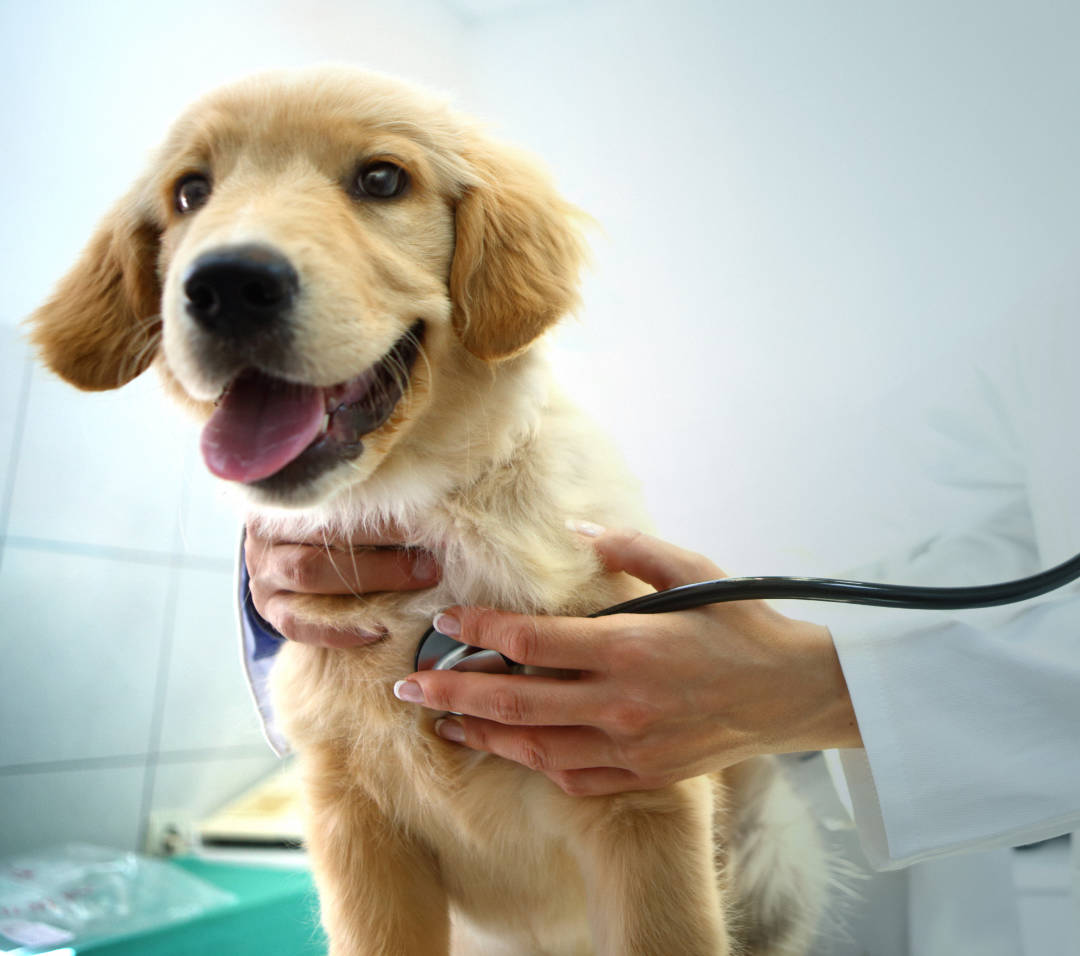
This local business list was created based on the recommendations of the NATO AB Geilenkirchen and JFC Brunssum communities.

Language
Language classes our offered here at the GK NATO base as well as JFC Brunssum.
- IYA- sign up and pay in the IYA, building 95 (Day Classes)
- Night classes are offered with the National Support Units education centres
